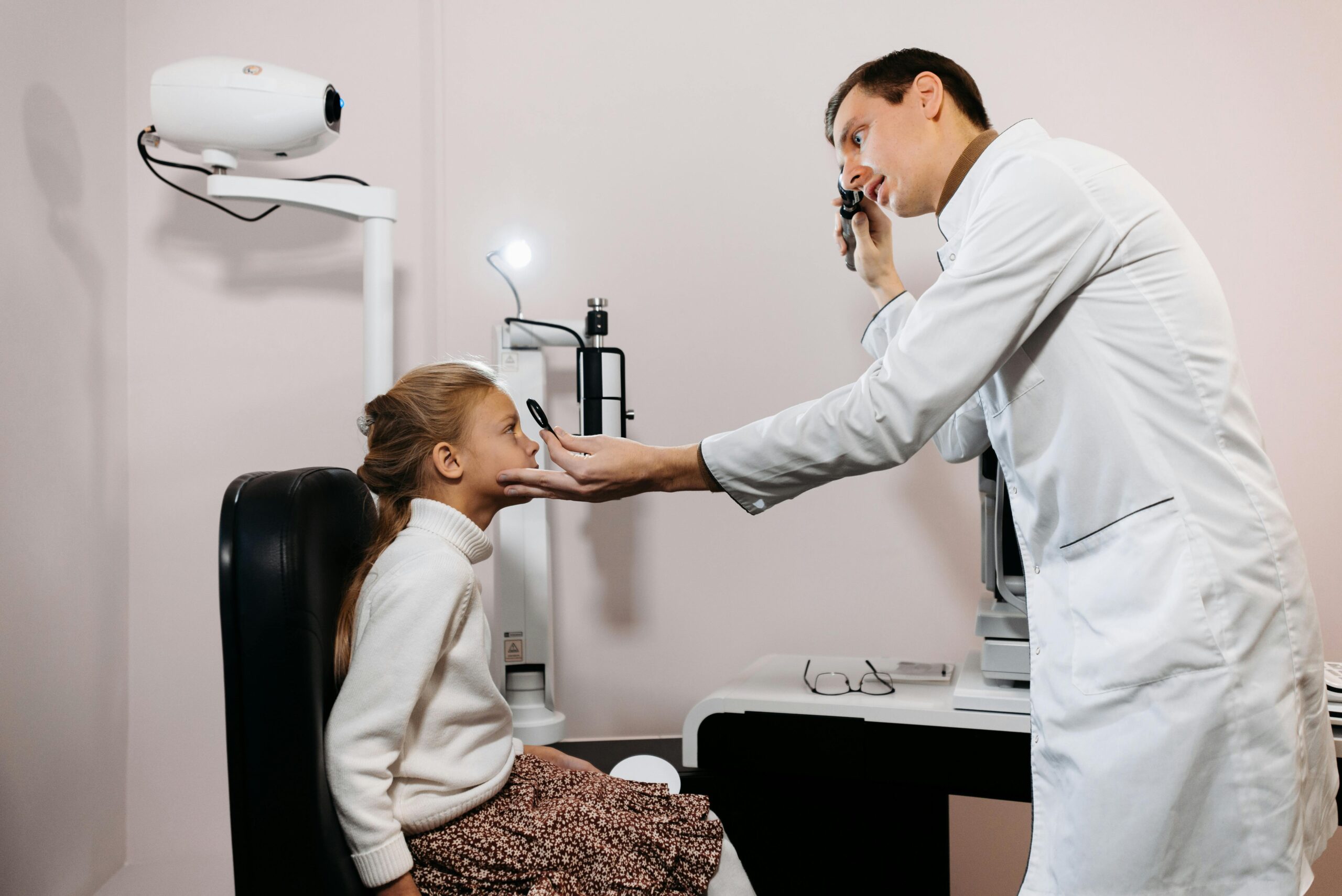This Is the Main Heading You Can Edit
Clinical trials are essential for advancing medical research and improving treatments for various conditions. They offer participants the opportunity to receive cutting-edge therapies, access to expert medical care, and contribute to the development of new treatments. However, finding the right clinical trial can be a daunting task, especially with the vast number of studies being conducted worldwide. This guide will help you navigate the process of identifying the clinical trial that best fits your needs and circumstances.


Understand What Clinical Trials Are
Clinical trials are research studies designed to test new drugs, devices, treatments, or procedures. They help determine the safety and effectiveness of these interventions and provide valuable data that can shape future medical care. Trials can focus on a variety of conditions, from cancer to chronic diseases to rare genetic disorders.
Before you start searching for a trial, it’s important to understand that participating in a clinical trial might involve risks and benefits. Some trials are focused on testing new treatments, while others might compare existing therapies to determine which is more effective.
Assess Your Eligibility
Every clinical trial has specific eligibility criteria, such as age, gender, medical history, current health condition, and other factors. Understanding these criteria is crucial to ensure the trial is a good fit for you. Eligibility requirements are determined by the trial’s design and the goal of the study.
Common eligibility factors include:
- Diagnosis: Many trials are designed for individuals with specific health conditions, such as cancer, diabetes, or neurological disorders.
- Age Range: Some trials are focused on children, while others are aimed at adults or older populations.
- Health Status: Depending on the trial, you may need to be in a particular stage of a disease or free from other conditions.
- Medications: Trials may require you to not be taking certain medications or, in some cases, require you to be on specific treatments.
- It’s important to carefully review the eligibility criteria for any trial you’re considering to ensure you qualify before applying.

Research the Clinical Trial
Once you identify a clinical trial that you might be eligible for, it’s time to dive deeper into the study details. Clinical trials are registered on several online databases, such as ClinicalTrials.gov, which allows you to search for trials by condition, location, or phase.
Some things to consider when researching a trial:
Trial Phase: Clinical trials are conducted in phases, from early-phase trials (which test safety) to later-phase trials (which evaluate effectiveness). Understanding which phase the trial is in can help you assess the potential risks and benefits.
Location: Some clinical trials are limited to specific geographic locations. Make sure the trial is accessible to you and that you can attend required visits or procedures.
Treatment Type: Each trial tests different types of interventions, from medications to behavioral therapies or even lifestyle changes. Be sure to understand what the trial is testing and if it aligns with your healthcare needs.
Study Protocol: Review what’s involved in the study, including the procedures, frequency of visits, tests, and any potential side effects. This will help you assess whether the time commitment and procedures are manageable for you.
Speak with Your Doctor
Your healthcare provider is an invaluable resource when considering participation in a clinical trial. Before enrolling in any trial, it’s important to have a conversation with your doctor to evaluate the potential benefits and risks based on your individual health needs. They can help you determine if the clinical trial aligns with your current treatment plan and provide guidance on whether the trial is appropriate for you.
In addition, your doctor might be able to recommend trials that are specific to your condition, increasing the chances of finding a study that’s right for you.
Understand the Risks and Benefits
Participating in a clinical trial comes with both potential benefits and risks. The potential benefits include access to new treatments, enhanced medical care, and contributing to important medical research. However, clinical trials also carry risks, such as side effects from the experimental treatment, additional medical tests, or the possibility that the treatment being tested may not work for you.
It’s important to have a clear understanding of what the trial entails and what risks you may face before enrolling. The clinical trial team should provide you with an informed consent document that outlines all the details, including risks, benefits, and your rights as a participant.
Register and Enroll
Once you’ve identified the right trial, and you’ve thoroughly researched all the details, it’s time to register and enroll. Most trials will require you to submit an application form, undergo screening tests, and attend an initial consultation. This process allows the study team to confirm your eligibility and ensure that the trial is a good fit for you.
During enrollment, you will receive detailed instructions about the next steps, including the trial schedule, what to expect during the study, and any follow-up procedures.
Stay Informed Throughout the Trial
After enrolling in a clinical trial, it’s important to stay informed and communicate openly with the trial team. Make sure you understand the study procedures, the timeline, and how often you will need to visit the research site. You should also report any new symptoms or side effects you experience during the trial.
Regular communication with the trial team is essential for ensuring that the study proceeds smoothly and that your safety is prioritized.
Conclusion
Finding the right clinical trial for you is a step-by-step process that involves understanding your eligibility, researching available trials, discussing options with your healthcare provider, and weighing the potential risks and benefits. Clinical trials play a crucial role in advancing medical science, and by participating, you not only gain access to potentially new treatments but also help contribute to the future of healthcare. Take your time, do thorough research, and consult with professionals to find a clinical trial that is the best fit for you.
If you have any questions or need assistance in finding a clinical trial, we’re here to help guide you through the process.
Get Matched to a Clinical Trial Near You

